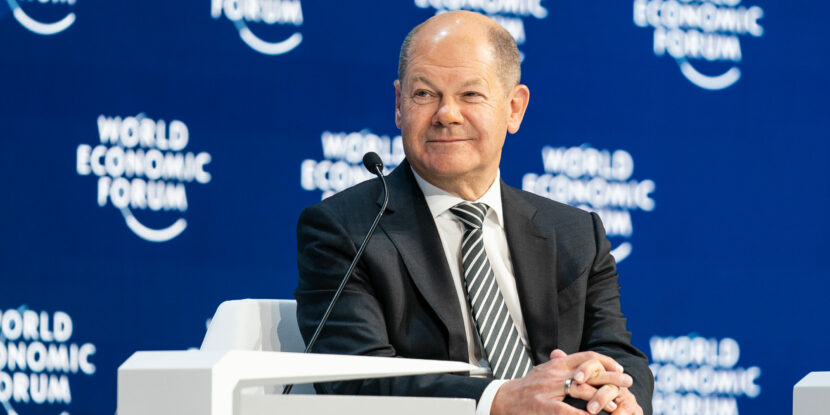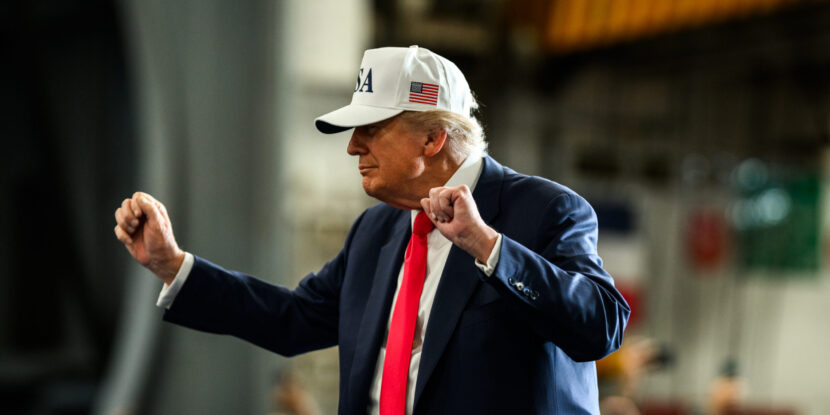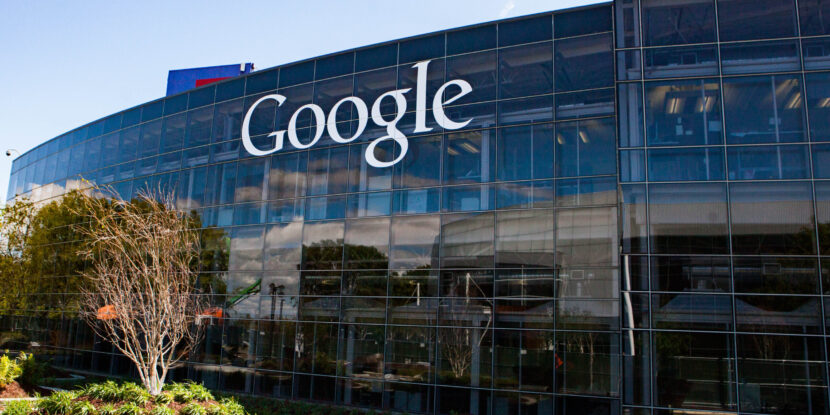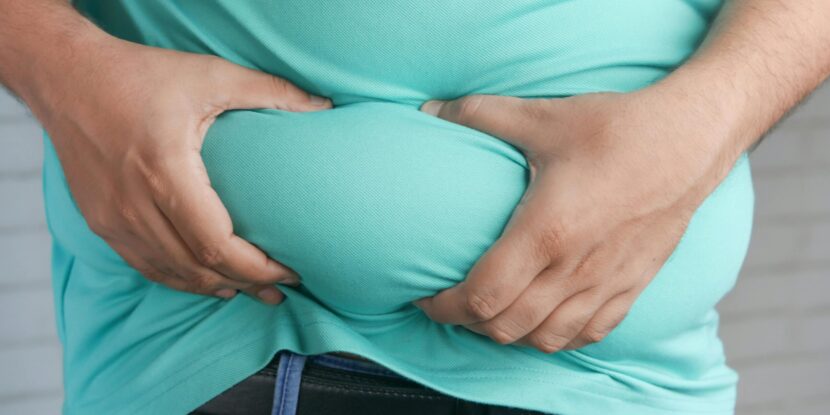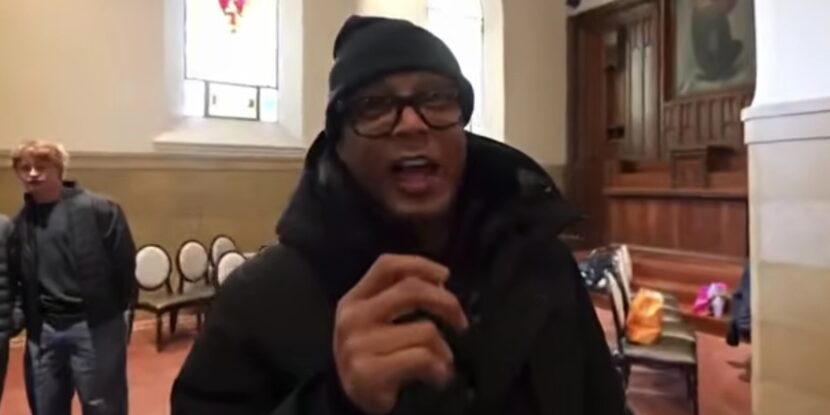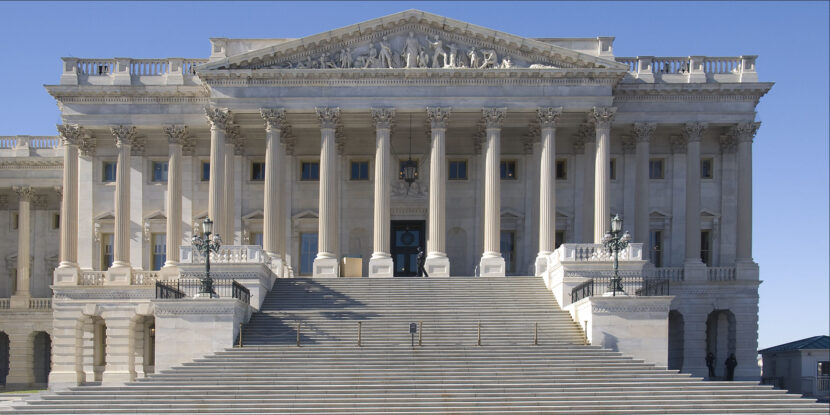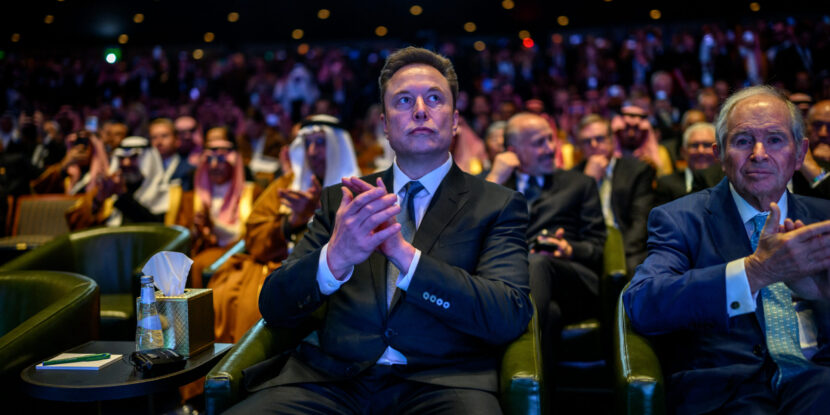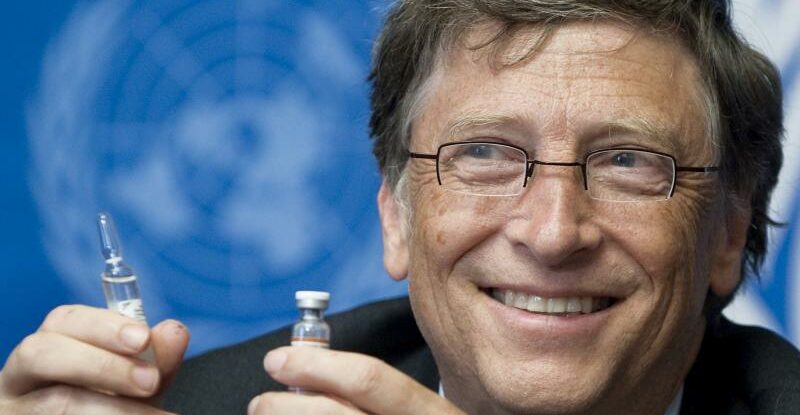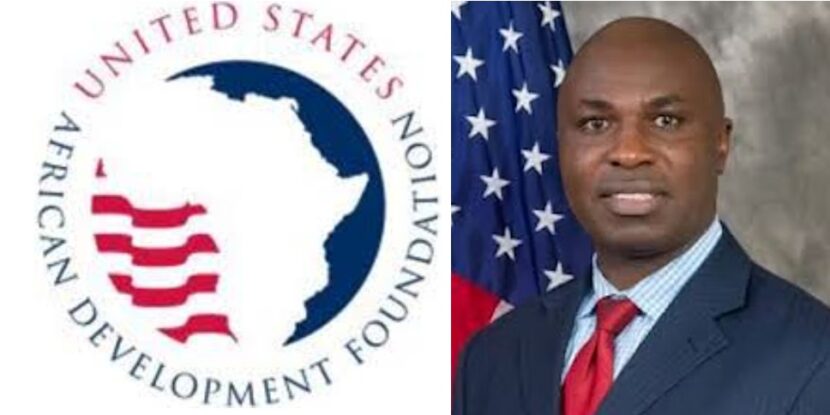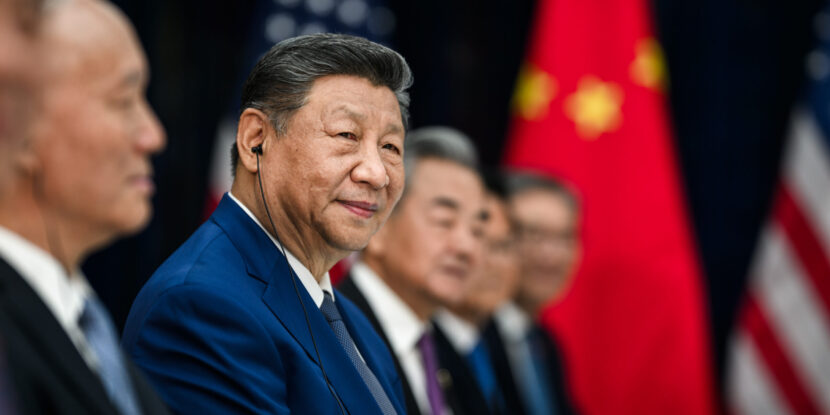Germany’s far-left “traffic light” coalition collapsed just a day after Americans re-elected President Donald J. Trump, with Chancellor Olaf Scholz firing his Finance Minister, Christian Lindner. Lindner is head of the neoliberal Free Democrats, which prop up Scholz’s Social Democratic Party alongside the Greens.
Scholz claimed that he no longer trusted Lindner. The conflict between the coalition members occurred because Germany has seen an economic decline, looking at a second year with zero economic growth.
Lindner had refused a request from Scholz to allow more debt spending. Germany has a spending limit intended to keep the budget balanced. However, since the Russian invasion of Ukraine in 2022, Germany’s economy has seen a severe downturn, with the loss of cheap Russian energy imports and net zero climate policies driving up costs. In addition, companies like Volkswagen have been threatening to close manufacturing plants in Germany for the first time ever.
Chancellor Scholz announced that he would seek a confidence vote in his government, now consisting of just his Social Democrats (SPD) and the Greens, in January.
IMMEDIATE ELECTION DEMANDED.
Friederich Merz, leader of the notionally center-right Christian Democratic Union (CDU), Angela Merkel’s former party, has demanded that a vote of confidence be put forward immediately. Consequently, if Scholz loses the vote, a new election could be called in a matter of weeks.
The populist Alternative for Germany (AfD) is also pushing for new elections. Current polls put the anti-mass migration party at around 18 percent nationally, second to the CDU and its sister party, the Bavarian Christian Social Union (CSU).
Establishment parties have refused to cooperate with the AfD to form governments even when the AfD has won elections, such as the regional election in Thuringia this year.
